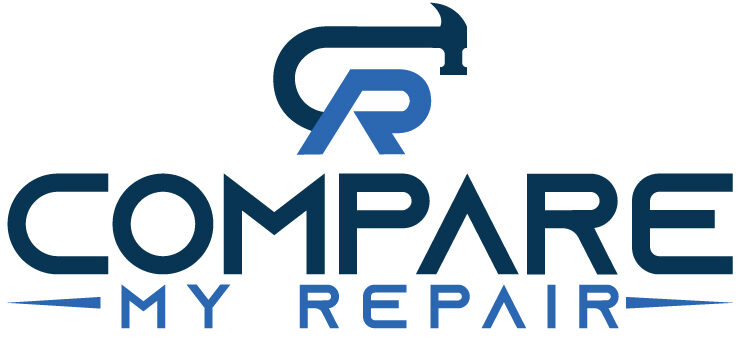With the increasing emphasis on sustainability and reducing carbon footprints, many homeowners are considering solar power as an alternative energy source for their homes. Solar energy is clean, and renewable, and can significantly reduce energy bills. If you’re a homeowner looking to explore solar options, this guide will provide you with an overview of the different options available and help you make an informed decision.
Grid-Tied Solar Systems:
Grid-tied solar systems are the most common and straightforward option for homeowners. These systems are connected to the local power grid, allowing you to use solar energy to power your home while still being connected to the grid for additional electricity needs. Excess energy produced by your solar panels can be fed back into the grid, earning you credits or reducing your electricity bill through net metering.
Off-Grid Solar Systems:
For homeowners who want to be completely self-sufficient and independent from the power grid, off-grid solar systems are the way to go. These systems use batteries to store excess energy generated during the day, which can be used to power your home during the night or in times of low solar production. Off-grid systems require careful planning to ensure you have enough battery storage capacity to meet your energy needs.
Hybrid Solar Systems:
Hybrid solar systems combine the best of both worlds – grid-tied and off-grid systems. These systems are connected to the grid but also have battery storage capabilities. During the day, excess solar energy is used to charge the batteries, which can then be used during the night or in the event of a power outage. Hybrid systems provide the flexibility of using solar energy while still having the security of grid connectivity.
Solar Water Heating:
In addition to generating electricity, solar energy can also be used to heat water in your home. Solar water heating systems use solar collectors to absorb heat from the sun and transfer it to a heat exchanger, which then heats the water. This can greatly reduce the energy consumption of traditional water heaters and lower your utility bills. Solar water heating systems are particularly effective in areas with abundant sunlight.
Community Solar:
For homeowners who may not have the space or resources to install solar panels on their own property, community solar programs provide an alternative. These programs allow homeowners to subscribe to a solar farm or shared solar installation located off-site. Participants receive credits or reduce their electricity bills based on their share of the solar energy generated by the community system.
Conclusion:
Solar power offers homeowners a sustainable and cost-effective alternative to traditional energy sources. Whether you opt for grid-tied, off-grid, hybrid systems, solar water heating, or community solar, there are various options to suit your needs and preferences. Consider factors such as your energy requirements, available space, budget, and local regulations when deciding on the most suitable solar option for your home. Don’t forget to consult with reputable solar installers to assess your property’s solar potential and ensure a professional installation. Embracing solar power not only reduces your environmental impact but also provides long-term energy savings and adds value to your home.










